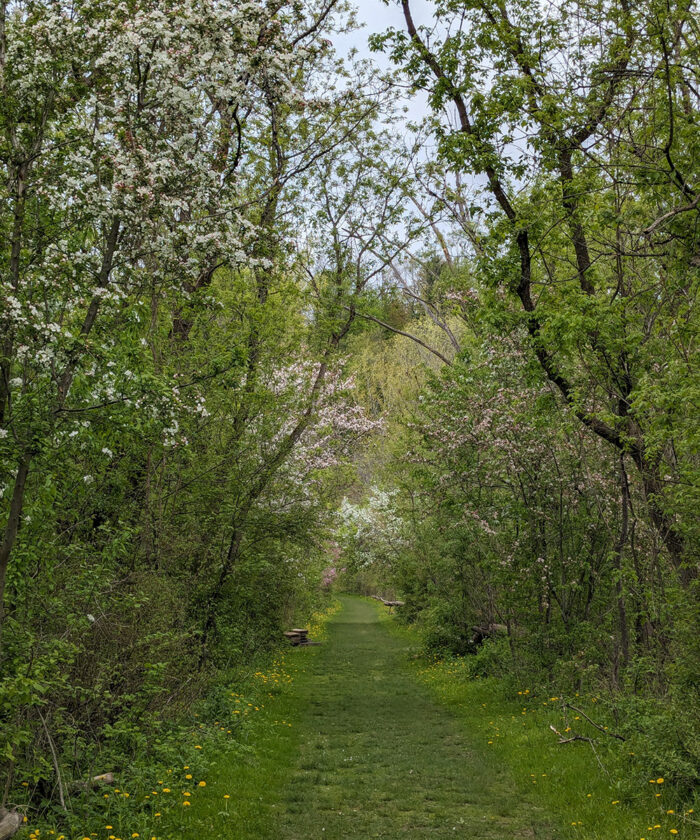
Hello and happy Monday, GPODers!
When I checked the GPOD inbox last week I was excited to see another person who had recently gone “plant watching” and shared some photos from a walk through nature:
Hello, this is Sheila Abair from Vermont. I had to share these wildflower pictures from a walk this morning. I can identify the trilliums and I think ostrich ferns. It was a beautiful experience. Hope you enjoy them.
From the pictures Sheila sent over, it’s clear that spring wildflowers are in full affect in Vermont, with flowering trees giving them some color competition. With plenty of plants still sprouting and putting out new foliage, I can only imagine how lush this spot is in peak season. But now that we’ve seen some spring landscapes from the Northeast, I would love to see what’s blooming in other parts of the country! If you’re enjoying the sights and sounds of nature near you, take some photos and let us know what you’re seeing.

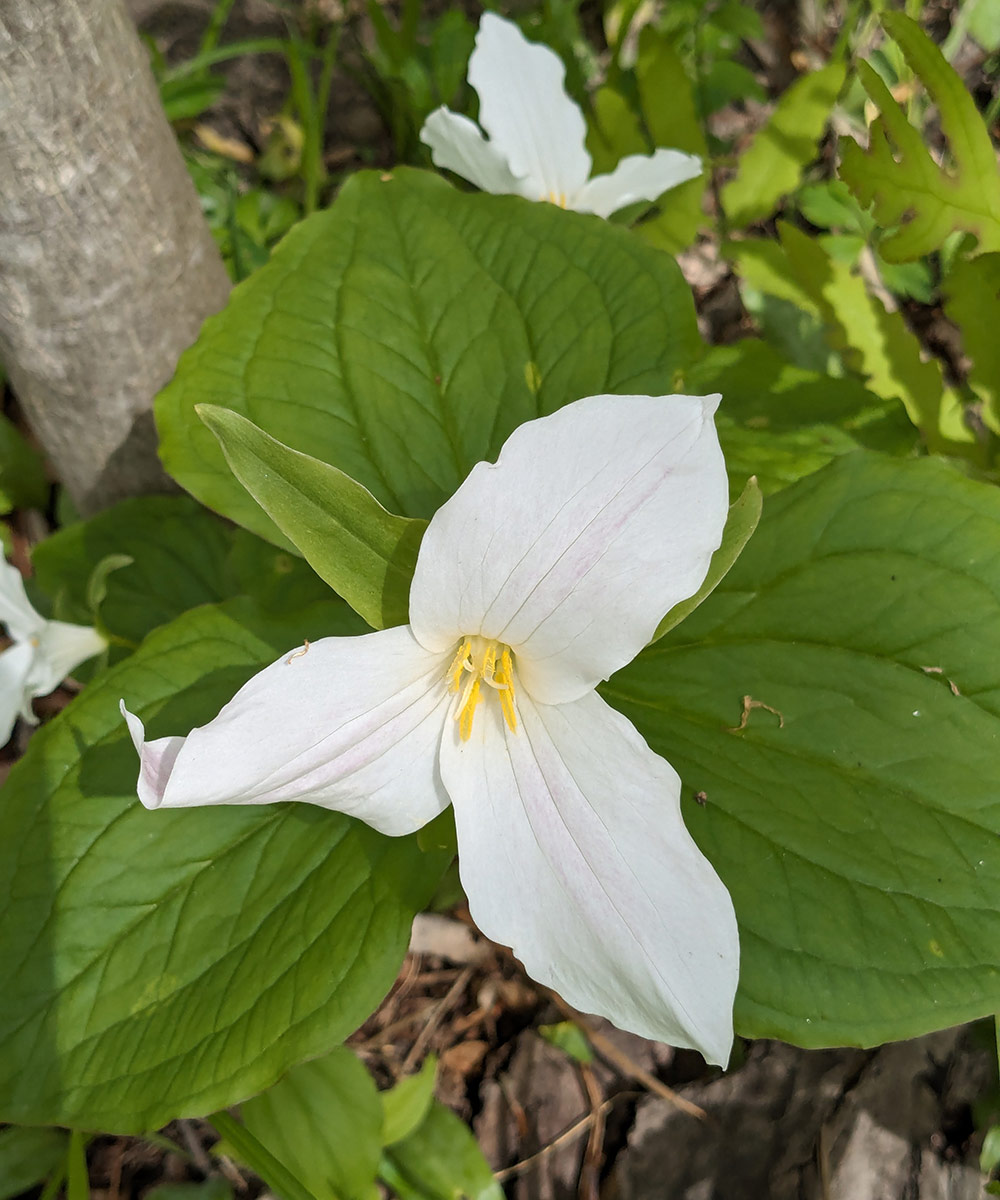
 On a lighter, brighter note, these yellow marsh marigolds (Caltha palustris, Zones 3–7) are always a cheerful sight to see because there is an invasive look-a-like that can be mistaken for this cheerful native. Lesser celandine (Ranunculus ficaria) looks identical when seen at a glance, but it has more petal-like sepals (seven to nine, compared to the marsh marigold’s five to nine) and blooms earlier in the season.
On a lighter, brighter note, these yellow marsh marigolds (Caltha palustris, Zones 3–7) are always a cheerful sight to see because there is an invasive look-a-like that can be mistaken for this cheerful native. Lesser celandine (Ranunculus ficaria) looks identical when seen at a glance, but it has more petal-like sepals (seven to nine, compared to the marsh marigold’s five to nine) and blooms earlier in the season.

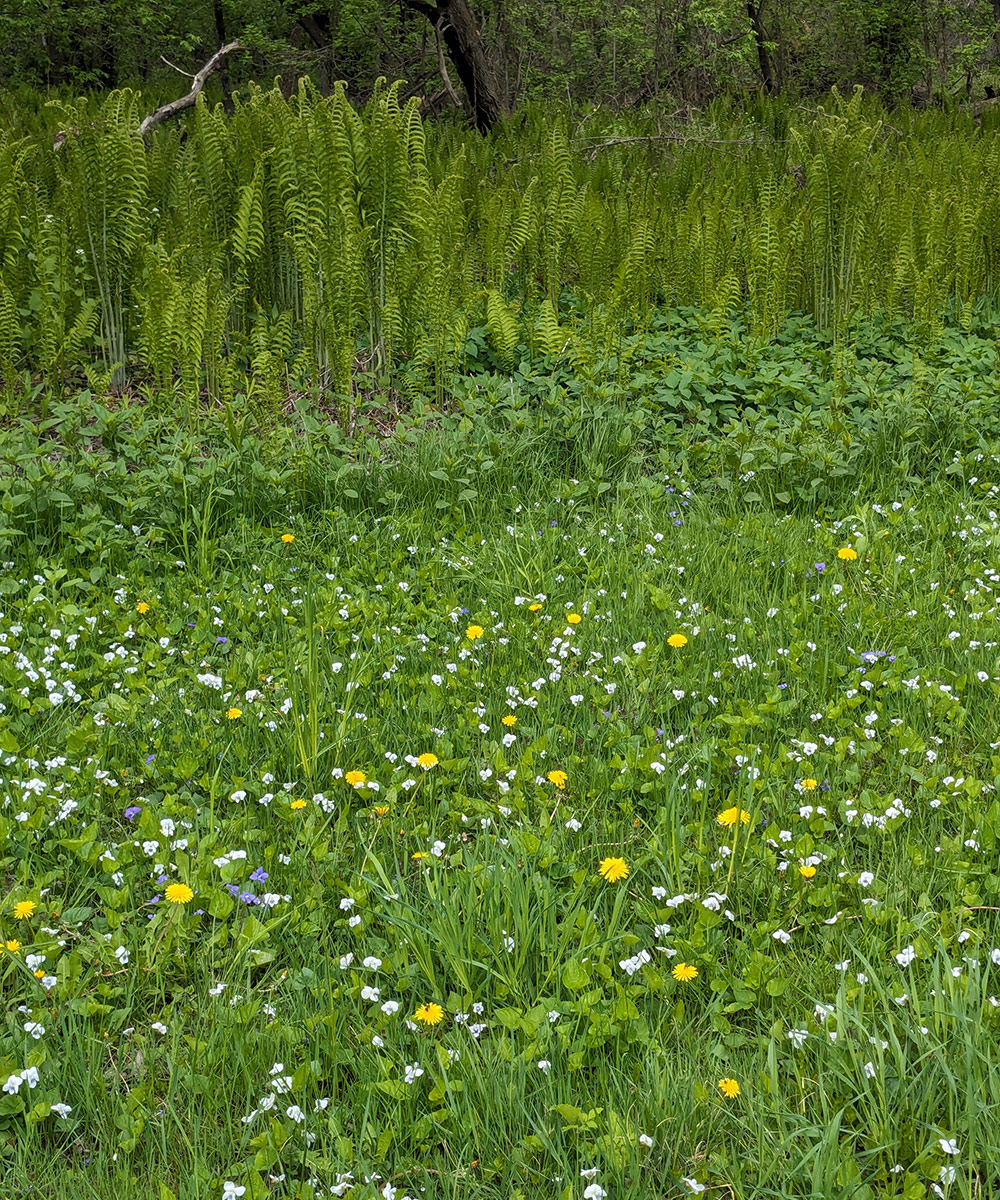
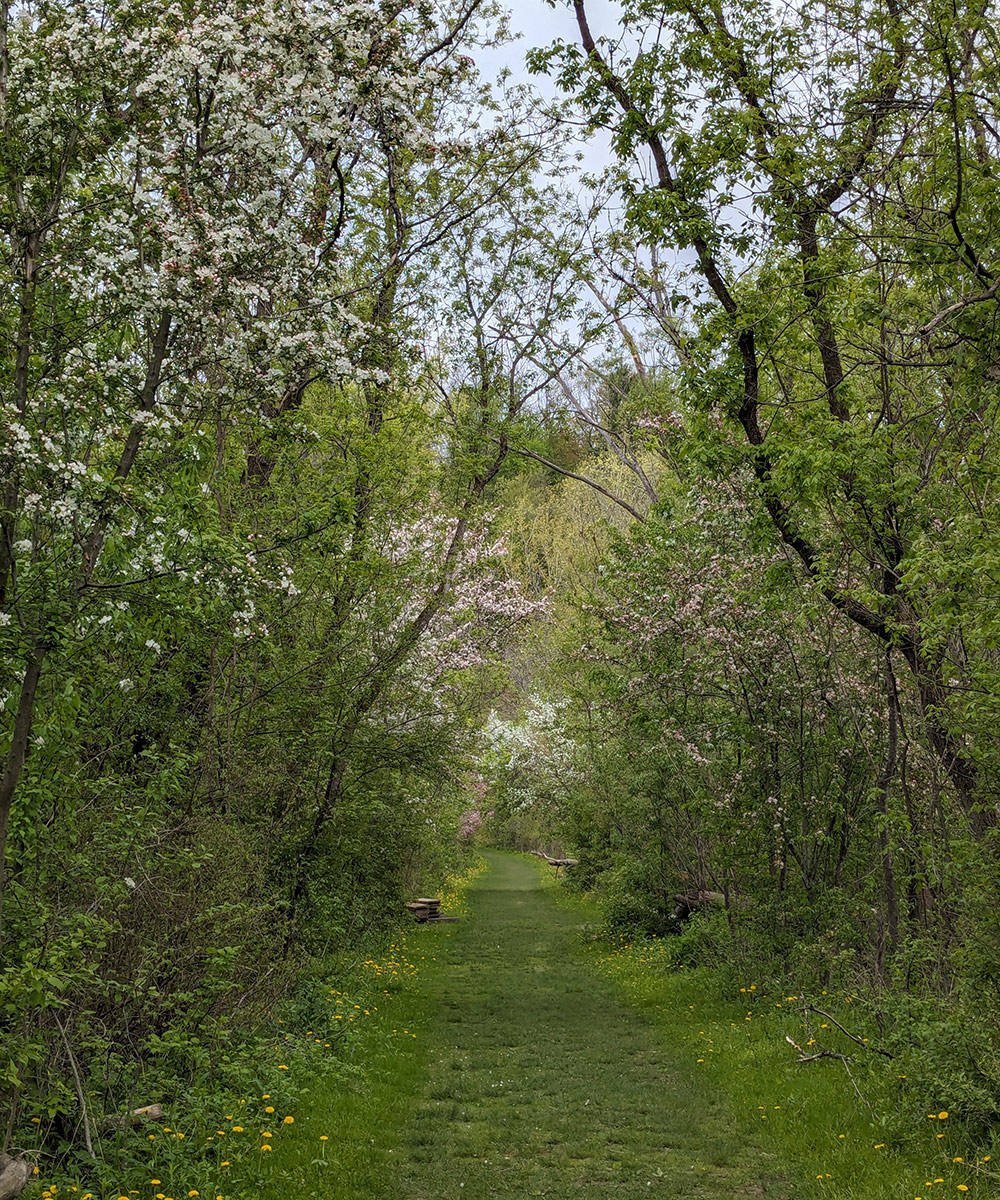
Before Sheila shared these beautiful wildflower photos, she sent in photos of her incredible home garden. Be sure to check back in to GPOD tomorrow to see how she brings the inspiration of nature into her landscape.
Have a garden you’d like to share?
Have photos to share? We’d love to see your garden, a particular collection of plants you love, or a wonderful garden you had the chance to visit!
To submit, send 5-10 photos to [email protected] along with some information about the plants in the pictures and where you took the photos. We’d love to hear where you are located, how long you’ve been gardening, successes you are proud of, failures you learned from, hopes for the future, favorite plants, or funny stories from your garden.
Have a mobile phone? Tag your photos on Facebook, Instagram or Twitter with #FineGardening!
Do you receive the GPOD by email yet? Sign up here.
Fine Gardening Recommended Products
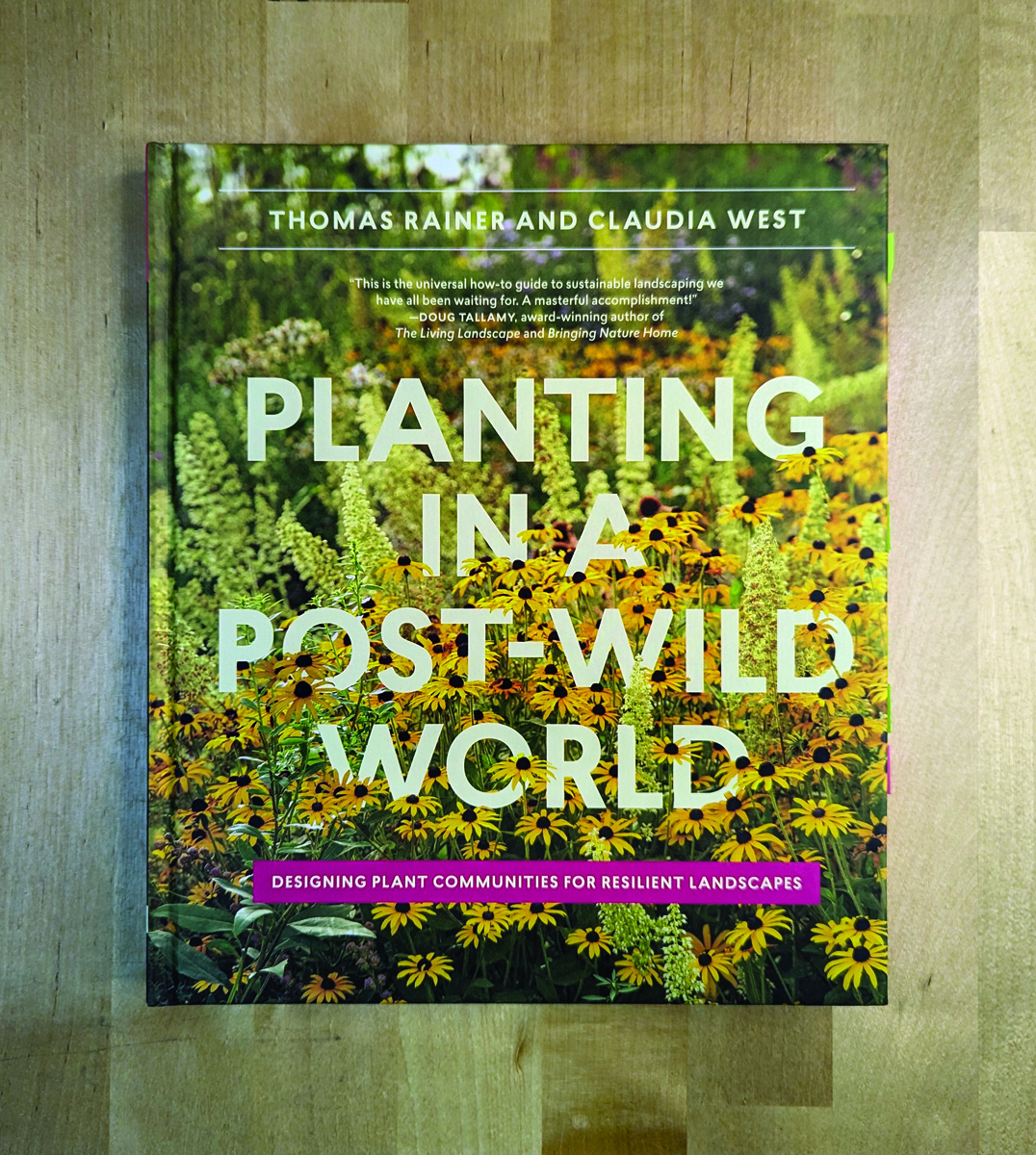
Planting in a Post-Wild World: Designing Plant Communities for Resilient Landscapes
Fine Gardening receives a commission for items purchased through links on this site, including Amazon Associates and other affiliate advertising programs.
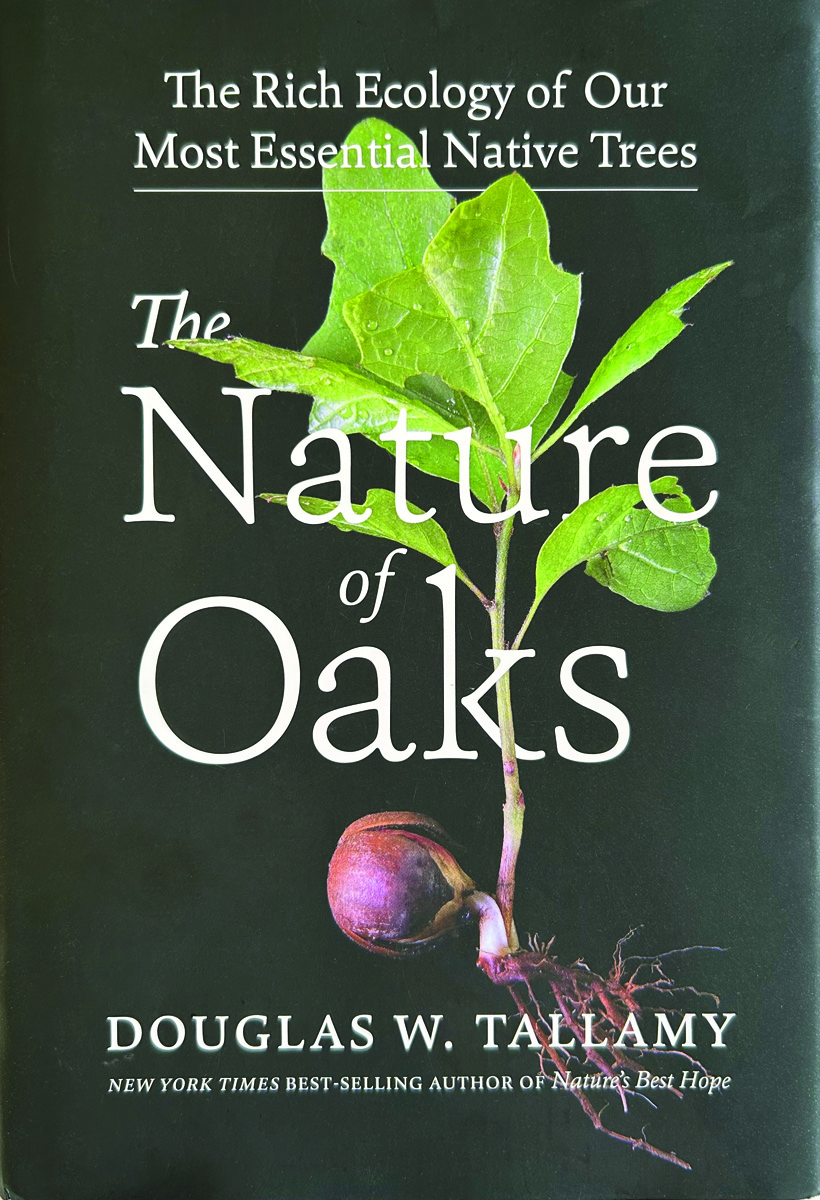
The Nature of Oaks: The Rich Ecology of Our Most Essential Native Trees
Fine Gardening receives a commission for items purchased through links on this site, including Amazon Associates and other affiliate advertising programs.

Lee Valley Garden Knife
Fine Gardening receives a commission for items purchased through links on this site, including Amazon Associates and other affiliate advertising programs.



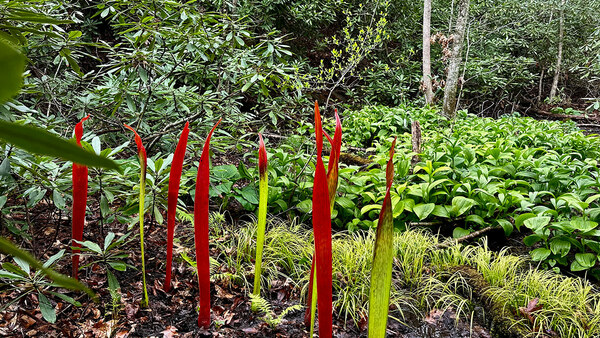
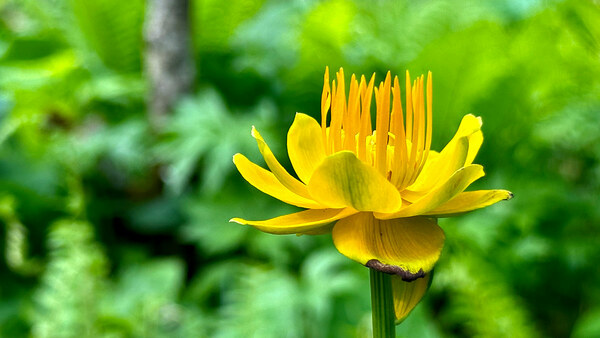

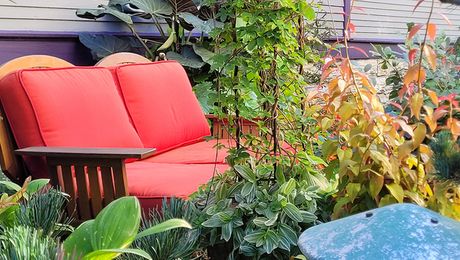
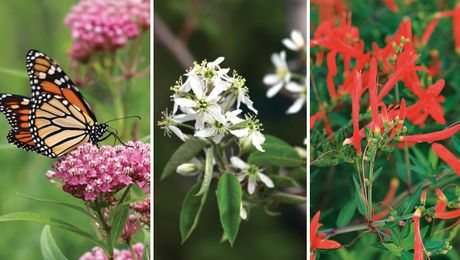










Comments
Dandelion foe!
I love the magical path, it's beautiful!
I feel like screaming when someone says we should embrace the dandelion. These are an invasive weed. Less short grass (aka lawn) and we have fewer dandelions.
Log in or create an account to post a comment.
Sign up Log in